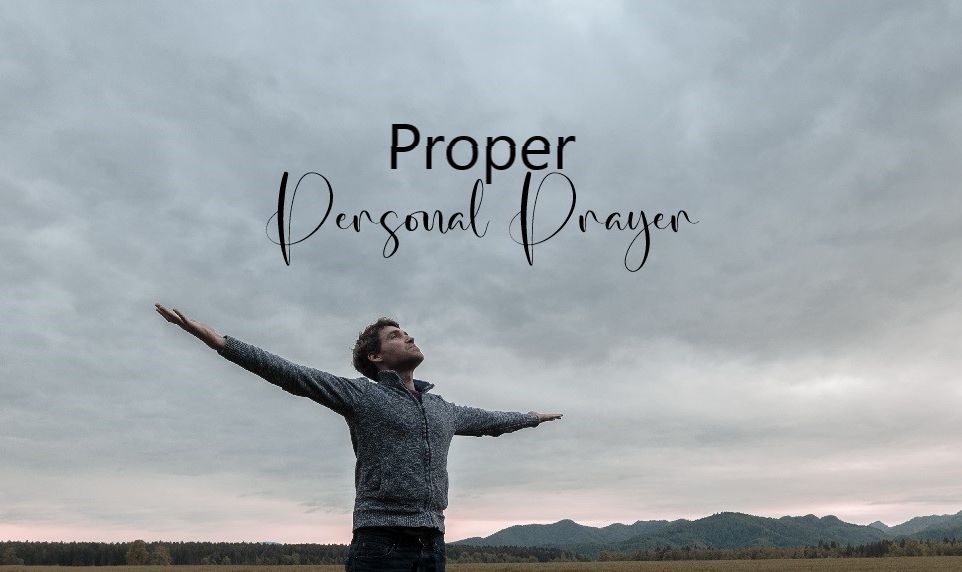
Proper Personal Prayer
Even when we pray for spirituality, the "yes" and the "no" should be identical in our eyes. We shouldn't be disappointed when we don't get what...

One time, he met with her on a certain day…
As we mentioned earlier, emuna itself is one of Hashem’s creations. When the King meets with the princess, He meets with emuna. When any person meets with Hashem in seclusion – what we call hitbodedut or personal prayer – he or she connects with Hashem by way of emuna.
Correct personal prayer is only possible once we approach Hashem with emuna, since this is an expression that we subjugate our own will to the will of Hashem. Whether or not Hashem answers our prayers, we’re satisfied with Hashem’s will. It doesn’t matter to us whether Hashem says yes or no as we see in the following story (Kochavei Or, 77):
A man named Yisroel from the town of Nemirov begged Rebbe Nachman of Breslov to allow him to travel to a war zone for the purpose of making a living. Rebbe Nachman didn’t want to agree under any circumstances, but he didn’t want to take away Yisroel’s free choice. Therefore, Rebbe Nachman advised him: “Imagine that you feel the same way whether you go or not, whether I say yes or no. Now, say five Psalms, and afterwards, do whatever comes to your mind.” That’s exactly what Yisroel did.
Later, he returned to Rebbe Nachman and said that “yes” came into his mind. Rebbe Nachman showed displeasure, for he knew that Yisroel’s heart still leaned to the “yes”, and was set on doing what he wanted to do. His lust for money was carrying him into grave danger…
According to the principles of emuna, we must know that only Hashem knows the designated path of an individual’s particular mission on earth. When we believe this, a yes or no is the same to us; we’re just as happy flying to New York as we are flying to Los Angeles, to make a living selling bagels or selling bonds, or to meet John Doe or Joe Crow. How? We know that everything Hashem is doing for us is for our ultimate best. When the “yes” and the “no” are the same to us, we gain an insight into what Hashem really wants from us. Hashem illuminates in our hearts exactly what we need to do.
The Baal Shem Tov once commented on the passage (Psalms 16:8), “I have set Hashem before me always,” and asked, “How do I know that Hashem is before me always?” And he answered, “When I live a life of emuna, where everything is equal in my eyes, whether Hashem says ‘yes’ or ‘no’.”
To Do Your Will
In spirituality as well, when a person asks Hashem for whatever he or she needs to observe the Torah and to do Hashem’s will, there is a prescribed path and pace of growth that only Hashem knows. So, even when we pray for spirituality, the “yes” and the “no” should be identical in our eyes. We shouldn’t be disappointed when we don’t get what we want. We should just continue praying.
Personal prayer with true emuna means that a person comes to Hashem and nullifies his or her own desires. Emuna is an aspect of malchut, and malchut has nothing other than what it receives from the six higher spheres. It’s known in Jewish esoteric thought that when we nullify our ego, and we make Hashem’s will our will, we attain royal virtues – such as patience – that are the result of emuna.
The core of proper hitbodedut is when a person searches for what Hashem wants from him or her. Here’s an example: “Hashem, I have no idea what my true spiritual status is, or the proper path I need to take, or what to emphasize in my life, how I should pray, or even what I should pray for. But You know everything – where I am in the world, what I should be doing, and how I should do it. Therefore, please have mercy on me, and give me the words that I need to speak to You today. Enable me to thank You for everything I need to thank You for, to evaluate myself properly, and to pray for whatever I need to pray for. Illuminate my heart with proper words of prayer…” and so forth.
Even when we know what we want to pray for, for example, if we’ve set aside a portion of our daily personal prayer to pray for improvement in a certain area, we should preface our prayer with the type of prayer in the previous paragraph, so that Hashem will direct us in the right path, give us the proper words, and enable us to pray at length.
With the type of hitbodedut that results from nullifying our own will, we never lose hope or patience. Indeed, when we walk the pleasant path of personal prayer with patience, Hashem opens our eyes and our mouths, so we can speak to Him properly. With proper personal prayer, Hashem most certainly sends us the proper things we need to say for our ultimate benefit and for the rectification of our souls, and we succeed in being the way Hashem wants us to be.




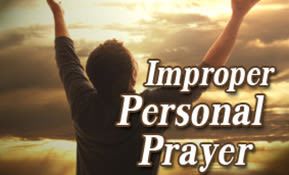
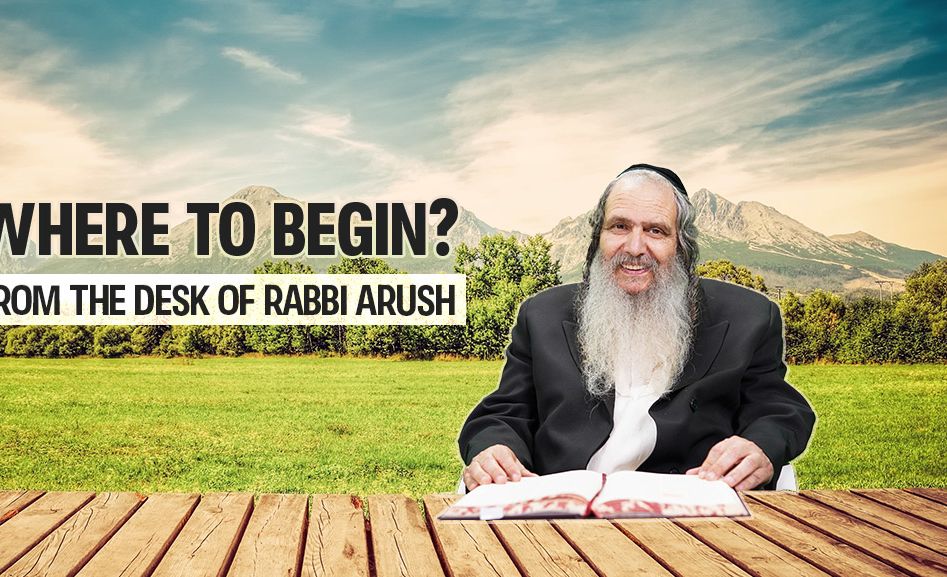
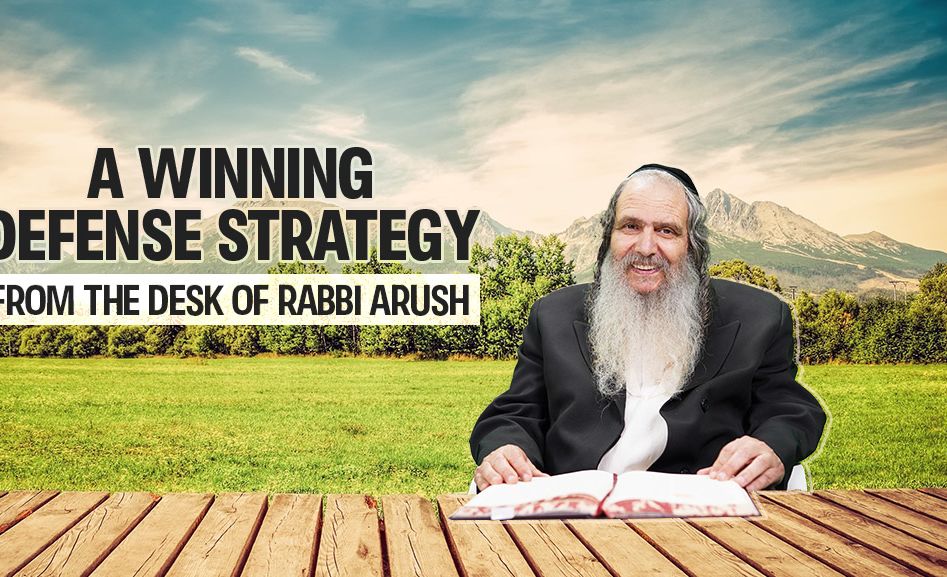
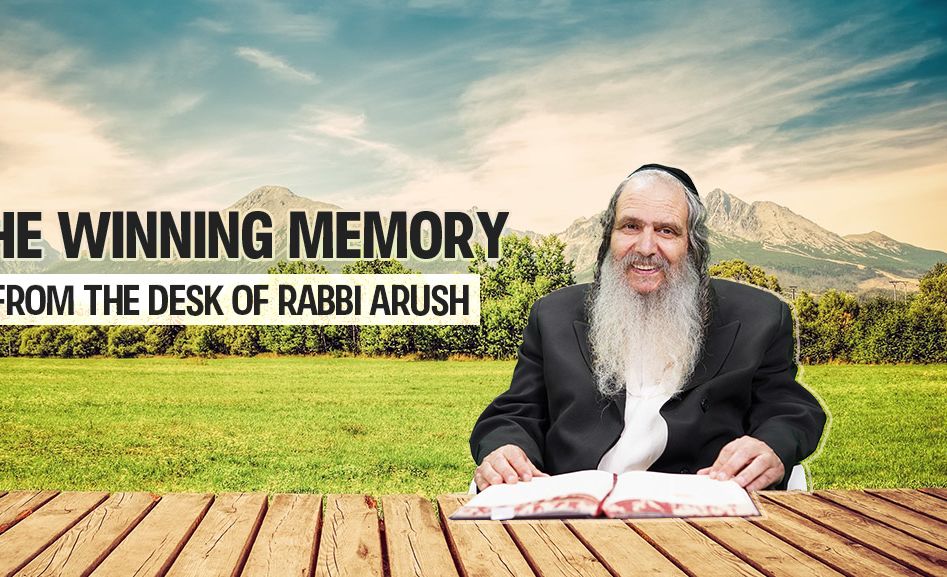





Tell us what you think!
Thank you for your comment!
It will be published after approval by the Editor.